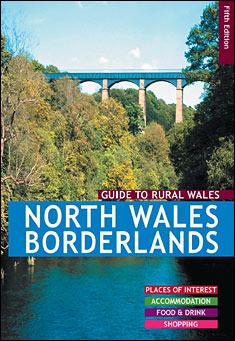For centuries, this area of Wales was a crucible of conflict. In Roman times, the Celtic tribes were a perennial nuisance for the legions based at Chester Castle and their continued to harass their English neighbours for generations. Their resistance to English rule led Edward I in the 13th century to contruct his Iron Ring of fortresses along the Dee estuary and the North Wales coast. Each was built a day’s march from its neighbours with the first to be built at Flint in 1277. Beaumaris, Caernarfon, Denbigh, Rhuddlan and Chirk – these magnificent castles represented the cutting- edge military technology of its day. The remains of this massive project, the largest seen in Europe, are still mightily imposing.
Peace finally came to the area when a Welsh prince defeated Richard III in 1485 and ascended the throne as Henry VII. The Iron Ring of castles remains the most popular historical attraction but the area also boasts some fine country houses, such as Plas Newydd in Llangollen, ecclesiastical treasures such as St Winefride’s Well and St Asaph Cathedral, and a wide choice of country parks and farm parks. There is also superb fishing for salmon and trout on the Rivers Dee and Clwyd, sea fishing in the Dee estuary, and trout or coarse fishing at numerous lake fisheries. This region of Wales also offers some of the best mountain biking in Britain, and among the most challenging rides are those in the Clwydian Range and through Clocaenog Forest near Denbigh.
Though this northern gateway to the country is not extensive, it boasts all but one of the Seven Wonders of Wales, wonders while not quite as spectacular as the more familiar Seven Wonders of the World are nonetheless all interesting in their own right. They are listed in the famous 19th century rhyme:
Pistyll Rhaeadr and Wrexham Steeple, Snowdon’s Mountain without its people, Overton Yew Trees, St Winefride’s Well,
The Borderlands offer an impressive variety of cultural events, most notably the annual International Music Eistedfodd in Llangollen, which has been graced by such eminent figures as Luciano Pavarotti. And wherever you travel in the country, you will never be far from a Welsh male voice choir, lustily maintaining Wales’ claim to be the ‘Land of Song’.






























































